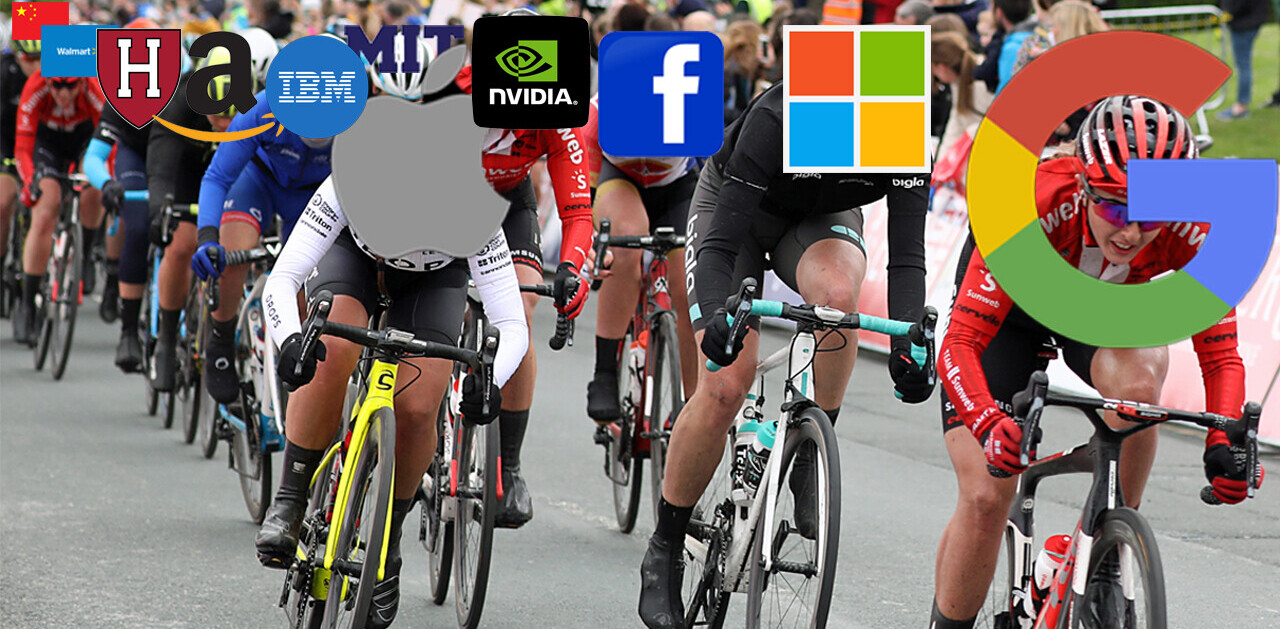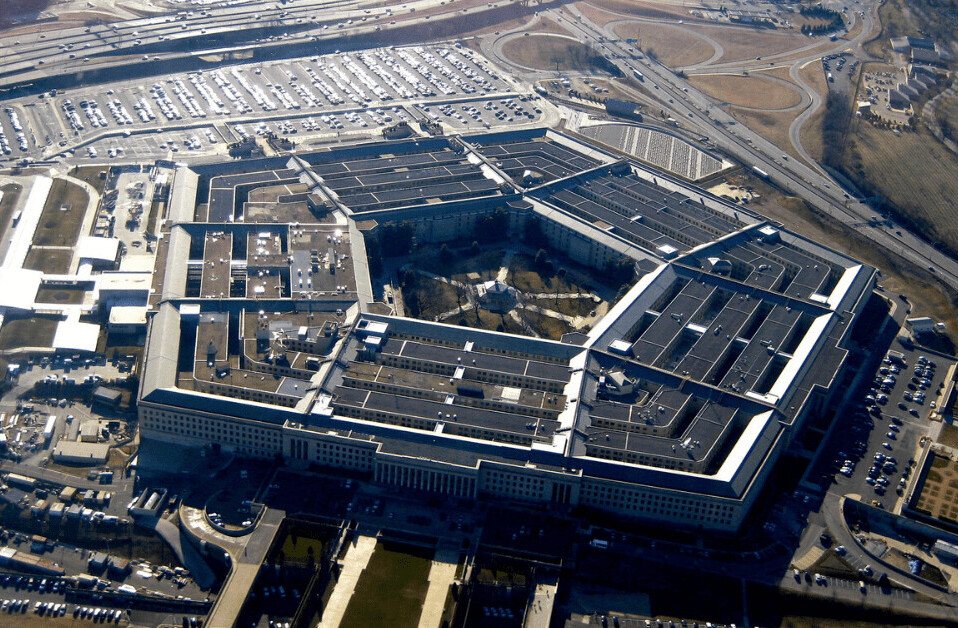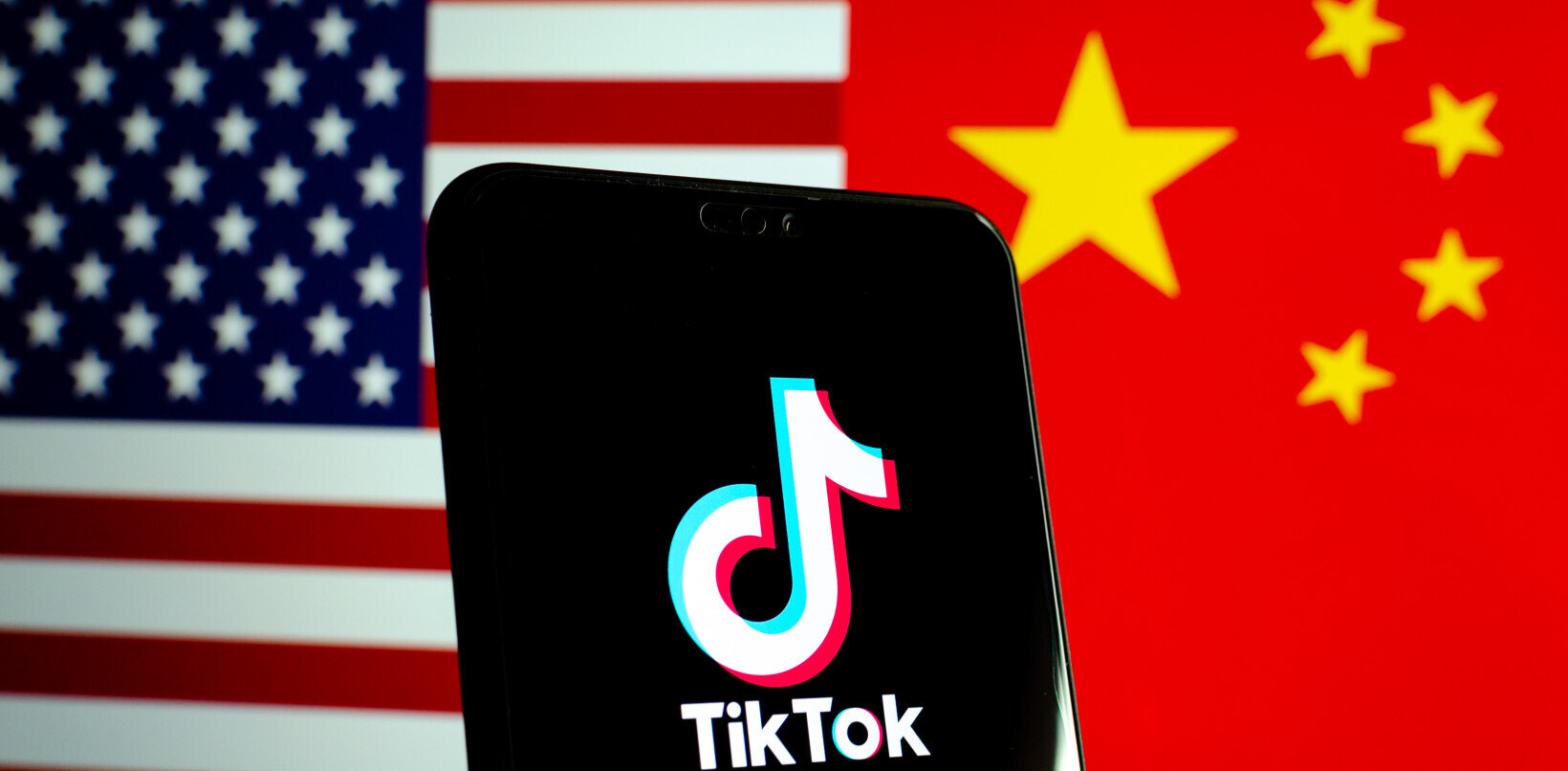
 The Fiqh Council of North America (FCNA), North America’s leading arbiter of Islamic law, has issued a statement saying that full body scanners violate Islamic modesty laws.
The Fiqh Council of North America (FCNA), North America’s leading arbiter of Islamic law, has issued a statement saying that full body scanners violate Islamic modesty laws.
“The FCNA emphasizes that a general and public use of such scanners is against the teachings of Islam, natural law and all religions and cultures that stand for decency and modesty,” the Council’s statement said.
In light of Britain’s “no scan, no fly” policy, and with President Obama on the verge of mandating full body scanners in every airport, this is a particularly interesting development.
The FCNA’s demands are relatively simple, they say. Either change the software of the scanners to display only questionable materials on an outline of the body, or allow devout Muslims to request a pat-down instead.
While travelers have long been against the use of full-body images, saying that they violate privacy, strategic blurring of sensitive areas has become increasingly difficult to defend in the wake of the failed Christmas Day Crotch-Bombing. Given the ineffectiveness of metal detectors at detecting plastic explosives, it seems like the trend is moving towards body scanners.
While FCNA’s concerns are important, the issue with their solution is that it severely limits the effectiveness of the scanner. If Australia has already stopped blurring “private areas” because they drastically reduce the effectiveness of the scanner, imagine what blurring the entire body would do. Frisking, while certainly a better solution than a metal detector, isn’t foolproof either.
Unfortunately for the FCNA’s concerns, it may be necessary to adopt a policy similar to Britain’s “no frisk, no fly” in the US. However, one of the world’s most prominent Muslims, Bollywood actor Shah Rukh Khan, has gone on the record saying that the only people who should fear the body scanners are those who aren’t well-endowed.
Get the TNW newsletter
Get the most important tech news in your inbox each week.





